Learning Innovation is excited to welcome the 2019 – 2020 Bass Digital Education Fellows, a cohort of Duke PhD students who take part in a year-long, fully-funded fellowship offered in partnership with the Graduate School. Through this professional development experience, Fellows gain deep knowledge of digital pedagogy, build valuable consulting and project management skills, and successfully launch digital projects under the guidance of Learning Innovation.
The benefits to Duke include advancing digital innovation, impacting undergraduate education, and growing the digital pedagogy community. Faculty are encouraged to experiment and lead innovative approaches to teaching and learning by having graduate Fellows as trained partners and collaborators. The Fellows gain digital education skills preparing them for multiple career paths in the academy and beyond, such as academic innovation, digital publishing, and education technology, through their academic year experience with Duke Learning Innovation. (Applications for the 2020-2021 fellowship are currently open. Apply by Nov. 18, 2019. )
Meet the 2019 – 2020 Fellows
This year’s inaugural cohort consists of six Fellows with a diverse set of skills and academic preparation. They have taught undergraduate courses, won teaching awards, and have skills ranging from data science, game design, digital humanities, programming, and data visualization, as well as pedagogical training through the Certificate in College Teaching and Preparing Future Faculty programs.
Brad Boswell
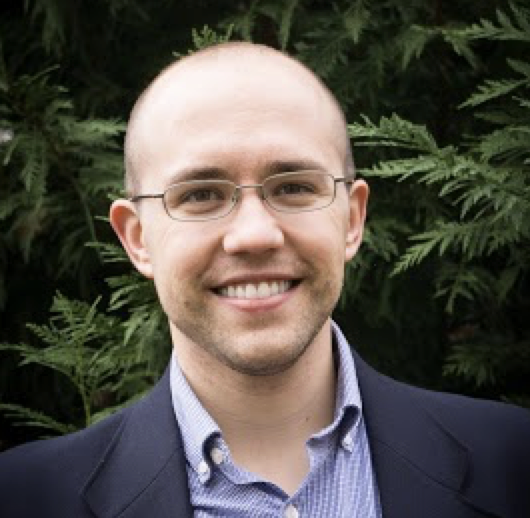
Brad Boswell is a PhD candidate in Early Christianity in the Duke Graduate Program in Religion. As a Bass Digital Education Fellow, he looks forward to gaining broad exposure to the range of available digital tools while also learning how to navigate the benefits and challenges of these tools, leveraging the benefits for pedagogical gain.
Boswell will work with Martin Eisner, PhD, Associate Professor of Romance Studies, and will focus on a Dante-related project with particular emphasis on digital scholarship and pedagogy to impact undergraduate education at Duke.
Katya Gorecki
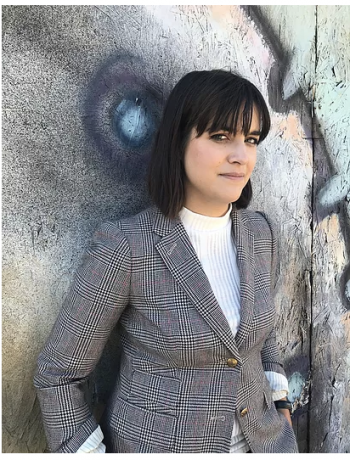
Katya Gorecki is a PhD candidate in English. Her dissertation research intersects with digital media and pedagogy and she plans to apply the principles of her research to a digital project in game design with the Duke Games and Culture Lab. Her project is led by Shai Ginsberg, PhD, Associate Professor of Asian and Middle Eastern Studies. She believes this experience will translate to many career positions she’s interested in pursuing in this area.
The project includes developing a series of game design workshops for the Game Lab (learn more about the Game Lab events). This project also involves leading the Global Game Jam, with the Duke Game Lab as one of the hosting sites (Jan. 31 – Feb. 2. 2020).
Jon Holt

Jonathan Holt is a PhD candidate in Civil and Environmental Engineering. He is partnered with the Online Duke team, and is working with Michael Gustafson, PhD, Associate Professor of the Practice of Electrical and Computer Engineering. His project is to design a “level-up” course on computational methods, intended as co-curricular support for undergraduates taking courses in engineering, computer science, and math.
Through the fellowship, I have already benefited from working with Duke faculty, project managers, and digital learning specialists to develop an online computational programming course for undergraduates. I plan to leverage my work as a fellow to launch a career in the design and advocacy for high-quality, open-source online learning.
Jon Holt
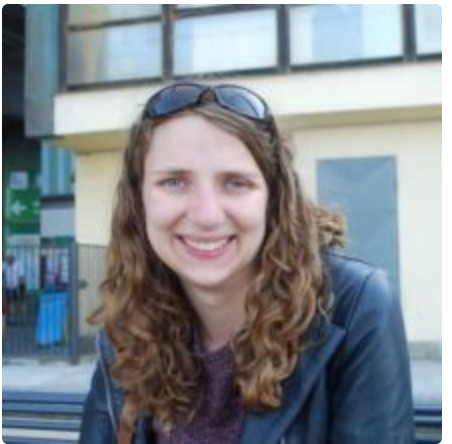
Hannah Rogers
Hannah Rogers is a PhD candidate in English, working with Tsitsi Jaji, PhD, Associate Professor of English. She is developing a public-facing Digital Humanities project with collaborative groups of students that focus on sound and critical race studies.
With this fellowship, Rogers will have an opportunity to contribute to a growing digital pedagogy community at Duke and create a framework to apply this methodology to future digital humanities courses.
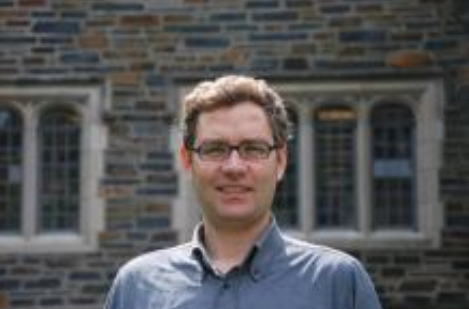
Filippo Screpanti
Filippo Screpanti is a Ph.D. candidate in Romance Studies pursuing a dual-track program in French and Italian Literature with a focus on the 16th and 17th centuries.
His digital humanities project is led by Alicia Jiménez, PhD, Assistant Professor in Classical Studies. The projext is part of an undergraduate seminar in Archaeology and Visual and Media Studies titled “Roman Spectacle.” Screpanti will develop a digital geo-chronological platform for displaying the monuments that were linked to spectacles in ancient Rome, to enable students to create a digital storytelling project using digital and visual mapping.
Through this project, I hope to advance my training in using digital tools for the humanities classes, especially concerning the visualization of complex geo-chronological information.
Filippo Screpanti
Edgar Virguez Rodriquez
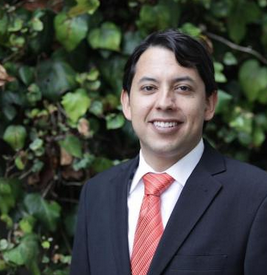
Edgar Virguez Rodriguez is a PhD candidate in Environment. He will be working with Deb Reisinger, PhD, Associate Professor of the Practice of Romance Studies, on a teaching innovation project to integrate digital technologies and increase student engagement for Voices of the Environment, a course with Cultures and Languages Across the Curriculum (and taught in Spanish).
The Fellow will develop digital assignments to increase the participation of the course’s service-learning partner, Fundacion Ayuda por Colombia, and design course activities and videos that promote its development under the program.
Being an active member of Duke University, whose mission calls me to be a life-long learner using the power of information technologies, empowers me to become a next-generation educator using state of the art tools. Now, as a member of the first cohort of the Bass Digital Education Fellowship, I will have access to the resources I need at this key moment in my academic career.
Edgar Virguez Rodriguez
Evan Donahue – Learning Innovation Fellow
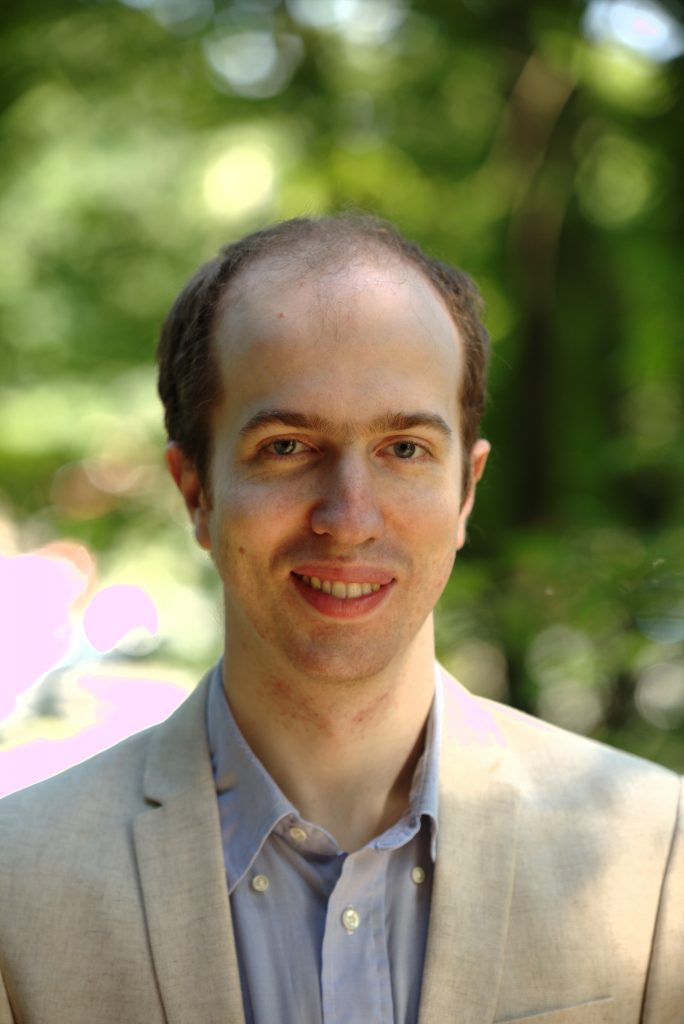
Learning Innovation is excited to announce Evan Donahue, a PhD candidate in Computational Media, Arts & Cultures as the 2019 – 2020 fellow who is working on a Coursera project. This fellowship places a PhD student with Coursera’s Teaching & Learning team, providing the Fellow an opportunity to work with a global learning partner, under the guidance of Learning Innovation.
Donahue joins the Bass Digital Education Fellows throughout the year on professional development program events and to share his project work with the Fellows community. Read more about Evan Donahue’s fellowship in this blog post.
Apply for the 2020 – 2021 Bass Digital Education Fellowship
Learning Innovation is recruiting now for the next generation of academic innovators! Apply to be a Bass Digital Education Fellow by Nov. 18, 2019.
Questions? Contact us!


Pingback: Bass Digital Education Fellowship - Apply by Nov. 18 - Duke Learning Innovation